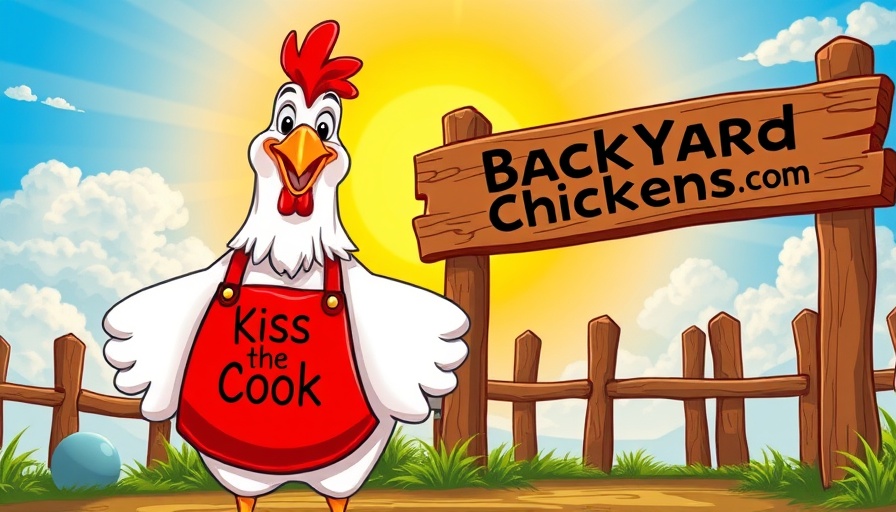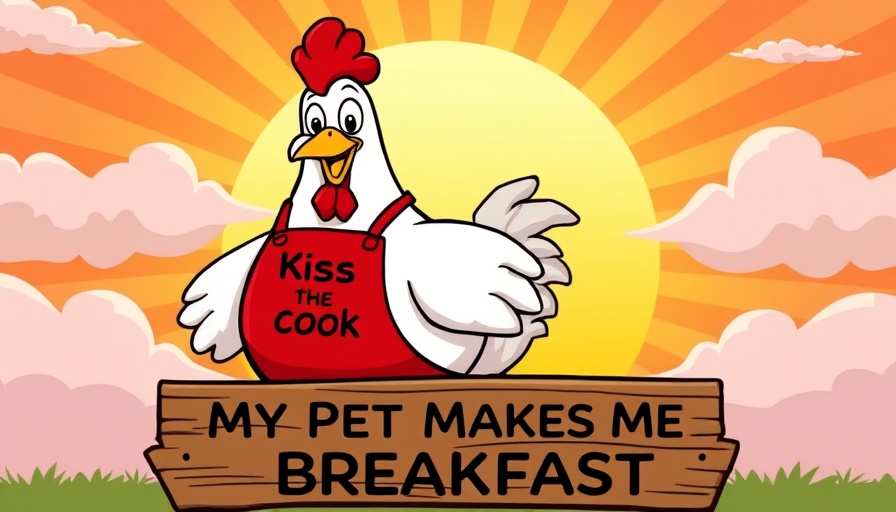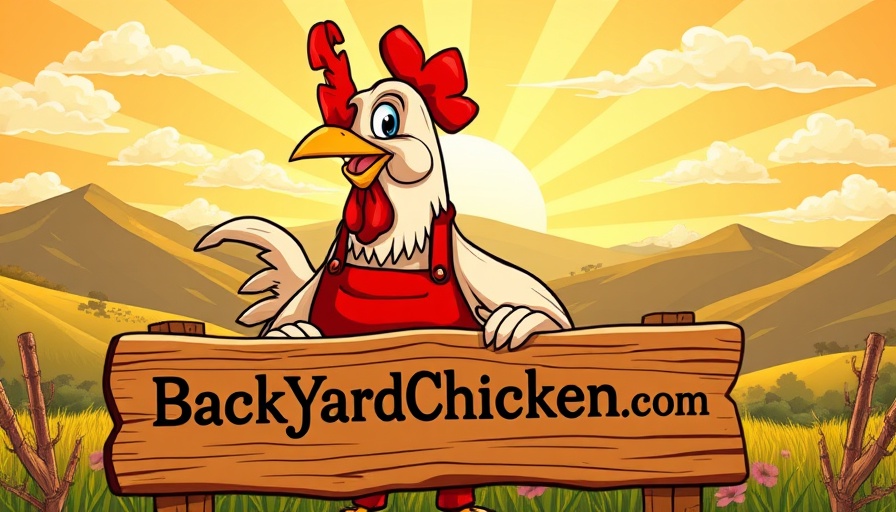
Exploring the Passion Behind Western Cape Poultry Shows
The poultry industry in the Western Cape has recently seen a resurgence of interest, particularly evident through various poultry shows showcasing the region's dedication to avian breed excellence. These shows not only serve as a platform to display superior breeds but also foster community involvement and education among poultry enthusiasts.
Why Poultry Shows Matter: A Community Perspective
Poultry shows are more than competitions; they’re about cultivating a network of breeders and hobbyists who share a passion for avian species. Local poultry shows provide opportunities for participants to receive feedback on their birds from seasoned judges, enhancing the overall quality of breeding practices in the region. This communal learning environment helps elevate standards across the board, benefiting not just the participants, but also bird owners and consumers alike.
Health and Wellness: Ensuring the Best for Your Birds
Veterinary health is a crucial consideration in preparing for these shows. Breeders are encouraged to maintain high standards of medical care—including vaccinations and disease prevention measures—to ensure that their birds are not only show-worthy but also healthy. A focus on health at poultry shows also emphasizes the importance of veterinary involvement in aviculture, which can lead to improved practices and awareness regarding avian diseases.
Future of Poultry Shows: Trends and Predictions
Looking forward, the engagement in poultry shows is expected to grow, particularly as younger generations become more involved. This shift can lead to an influx of innovative practices and a deeper appreciation for avian welfare and genetics. The rise of sustainability and organic farming can also influence how poultry shows operate, encouraging a shift towards more natural breeding practices.
As the Western Cape poultry scene continues to flourish, its significance extends beyond competitions, highlighting the vital intersection of community, health, and education in aviculture.
 Add Row
Add Row  Add
Add 




Write A Comment